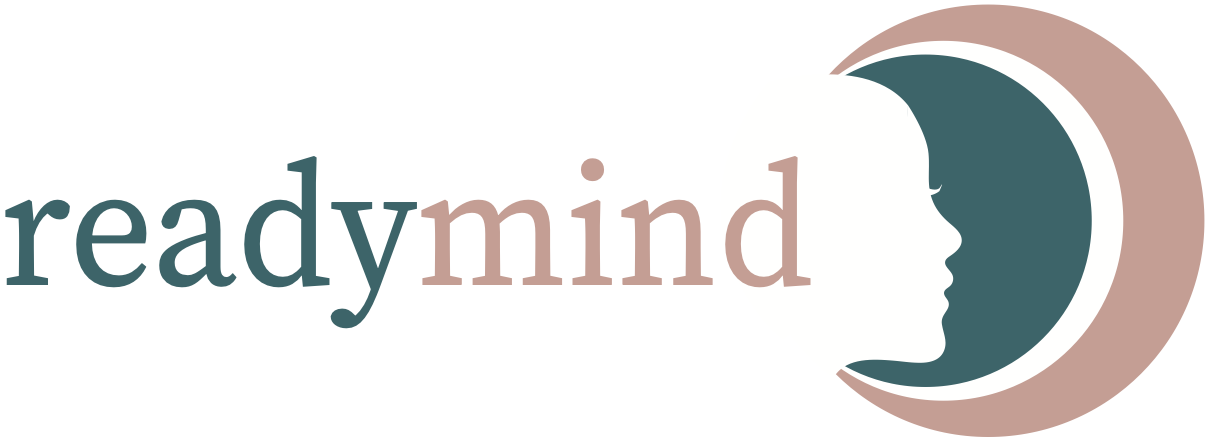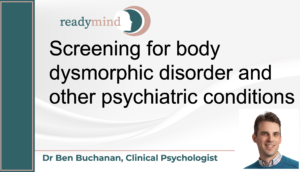The Medical Board of Australia (MBA) has just released updated guidelines for doctors who administer surgical and non-surgical cosmetic procedures, due to take effect on 1st July 2023. The updated guidelines follow an onslaught of media coverage regarding the lack of regulation in the cosmetic industry, which sparked an extensive review initiated by the Australian Healthcare Practitioner Regulation Agency (AHPRA) into the current safety standards of the multibillion-dollar industry.
The new guidelines have called for several changes to existing regulation, including the need for a GP referral for cosmetic surgery, and a tightening of the rules around advertising cosmetic procedures. In response to growing evidence regarding the potential psychological risks of cosmetic procedures for poorly selected patients, the guidelines regarding patient selection have been strengthened for both surgical and non-surgical procedures.
For patients considering both surgical and non-surgical cosmetic procedures, the new guidelines stipulate:
2.2 The medical practitioner who will perform the surgery/procedure must discuss and assess the patient’s reasons and motivation for requesting the surgery including external reasons (for example, a perceived need to please others) and internal reasons (for example, strong feelings about appearance). The patient’s expectations of the surgery must be discussed to ensure they are realistic.
2.4 The medical practitioner who will perform the surgery/procedure must assess the patient for underlying psychological conditions such as body dysmorphic disorder (BDD), which may make them an unsuitable candidate for the surgery. The practitioner doing the assessment must use a validated psychological screening tool to screen for BDD. The process and the outcome of the assessment and screening must be documented in the patient’s record, for all patients seeking cosmetic surgery.
2.5 If screening indicates that the patient has significant underlying psychological issues which may make them an unsuitable candidate for the cosmetic surgery, they must be referred for evaluation to a psychologist, psychiatrist or general practitioner, who works independently of the medical practitioner who will perform the surgery/procedure.
At ReadyMind, we welcome these changes and believe that they while they may involve some additional work for cosmetic practitioners to implement and adjust their procedures initially, they can be integrated seamlessly with little extra effort. Moreso, a thorough evaluation process can help cosmetic practitioners determine who is most likely to benefit from cosmetic treatment, and who may be at risk of being dissatisfied or experiencing worsening mental health as a result.
We have developed an automated assessment battery, the Cosmetic Readiness Questionnaire, for the patient to complete at their initial consultation for cosmetic surgery or non-surgical treatment. The patient will be asked questions about their mental health status, symptoms of body dysmorphic disorder (BDD), motivations and expectations for the procedure. The cosmetic practitioner will receive an instant report, with the outcome of the questionnaire and recommendations developed by two expert clinical psychologists in the field of body image and aesthetic procedures.
The Cosmetic Readiness Questionnaire includes validated questionnaires assessing mental health and known risk factors for poor cosmetic treatment outcomes, to assess a patient’s readiness to undergo a cosmetic procedure. It is designed to ‘prime’ both patient and practitioner to ensure that they are on the same page, and working towards shared goals while placing patient safety at the forefront. The Cosmetic Readiness Questionnaire software will also maintain a record of the outcome of the assessment, to ensure that you are in-keeping with the new Medical Board Guidelines.
The Cosmetic Readiness Questionnaire report will classify the patients’ responses via a traffic light system. If the patient scores in the red zone, indicating significant risks for poor cosmetic treatment outcomes, the practitioner will be recommended to refer to a mental health professional for further evaluation. If scoring in the yellow zone, indicating moderate risk factors, the practitioner will be provided with a summary of the risks as well as topics for further discussion during the consultation and informed consent process. If scoring in the green zone, the patient’s responses suggest that they are lower risk or in a ‘ready mindset’ where they are more likely to experience the benefits of cosmetic procedures.
The Cosmetic Readiness Questionnaire will be available in the coming weeks. Sign up for our newsletter to be the first to know about our launch date!



